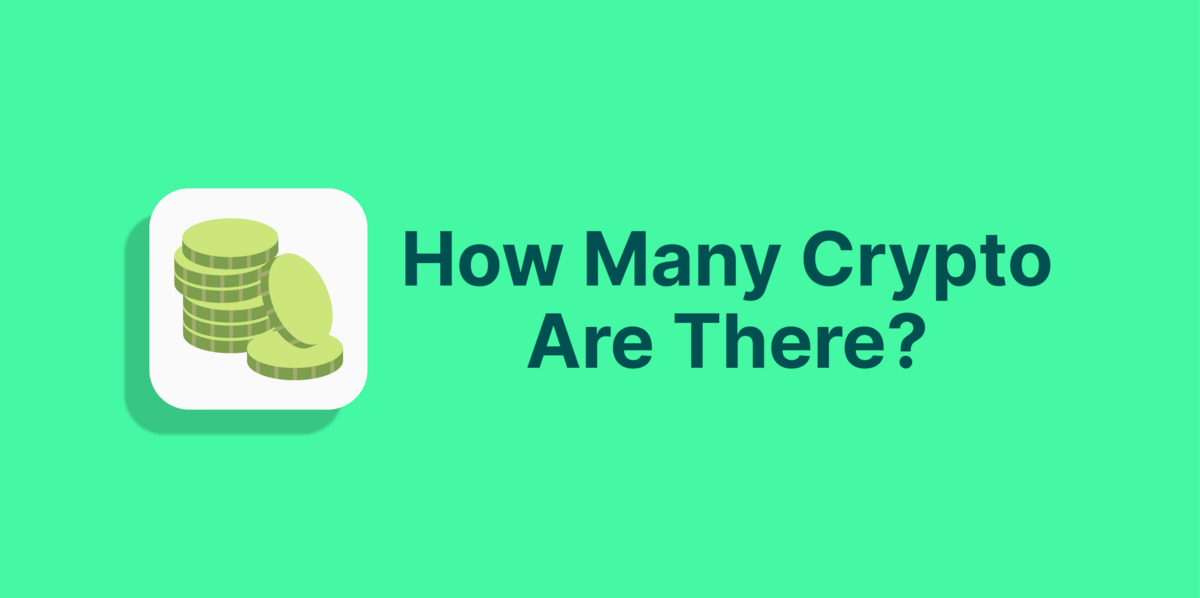When it comes to cross-border payments, there is a reason that Bitcoin companies are trying to capture the Peer-to-Peer (P2P) remittances market. It is a tremendously large market, with an estimated $601 billion in remittances being sent in 2015 according to the World Bank, and it is riddled with inefficiencies. That is why many Bitcoiners have trumpeted the opportunity to put more money into the hands of the people who need it the most. However, where we stand today is not quite where we need to be to use Bitcoin as an intermediary payment rail for remittances across the globe.
Having worked at Bitwage since 2014, being in the Silicon Valley Bitcoin space and meeting lots of banking and government officials, I know why bitcoin will play a sizable role in P2P transactions.
Bitcoin Remittances Do Not Save Money…Currently
The infrastructure for using bitcoin as a pay-in or pay-out option is not feasible in most parts of the world; therefore, bitcoin can only really be used as an intermediary. Intermediaries just add friction and costs to any transaction, and bitcoin does not necessarily get rid of all them, but it just reduces the number of them. We would all like to live in a world where we could use the Airbitz app to buy Starbucks coffee and Target goods at a discount with bitcoin everywhere, but most people do not have that luxury.

Source: Luis Buenaventura, Bloom Solutions
A typical $50 remittance sent from Hong Kong to the Philippines is eaten up by 7% in fees, but only $0.50 comes from the forex exchange where bitcoin would play its role as an intermediary. In this scenario bitcoin does not make remittances cheaper, per se. The last mile is the most costly step in delivering any service, in remittances that means getting cash to the recipient since 2.5 billion adults in the world lack access to formal financial services.
Hong Kong to the Philippines is an extremely competitive corridor, and while competitive corridors like Hong Kong to the Philippines represent a vast portion of remittances, the cost of sending a remittance from a G20 country was still 7.46% in Q4 2015 according to the World Bank. The forex-fee-to-last-mile-fee ratio differs greatly depending on the market. Today in Africa, there are corridors with more than 20% in remittance fees. But even when we at Bitwage send money to Brazil, we notice how big the forex fee the bank charges compared to the amount of USD to BRL we give our customers. Reluctantly we have not seen as many bitcoin remittance companies tackling the corridors with the highest fees.
Africa may well be where we see bitcoin gain more adoption because it’s banking system is not up to par with the rest of the world. Africa’s banks have been some of the fastest-growing in the world. The Economist even went as far to say it is a “Continent of Dreams” for banks, but given the high costs of building banking networks, profits on those investments would not be seen for years. Africa may even leapfrog a whole generation of banking technology the same way the continent mainly skipped over landlines and went straight into building its mobile infrastructure.
Enter Mobile Money in the Equation
There needs to be a larger effort to disrupt each step in the remittance process, especially the last mile. For this, local digital currencies like M-Pesa in Kenya and East Africa have the most potential. Since M-Pesa’s introduction in 2007, 42% of Kenya’s GDP is now transferred through the mobile money platform. M-Pesa essentially made every individual’s phone a bank account making “bank transfers” as simple as a text message.

Photo by Ivan Small, CC
M-Pesa-like platforms will solve the last mile problem since the receiver does not have to go a kiosk to collect their payment. Additionally, if the remittance is sent with mobile money, the first mile also becomes cheaper because the sender could initiate the transaction online. Since these transactions are purely digital, the forex fee becomes more evident, and bitcoin could ease the total cost of a transaction more significantly.
This will open up the market for a digital-currency-to-mobile-money infrastructure, which is developing today. BitPesa, a universal payment and bitcoin trading platform for Africa, is targeting countries with high mobile money penetration rates, mostly notably in East Africa where the penetration rate is 55%, and this would reduce costs and increase the speed of remittances even further for those countries.
At Bitwage, we have been working to solve the issue of freelancers who do not have bank accounts by working with partners that can issue debit cards. Using bank pay-in options, bitcoin as an intermediary, and issuing debit cards to remittance receivers would be a creative work around to reduce costs for remittances between G20 countries and the developing world that is feasible today.
Interestingly enough, bitcoin is also helping fuel the growth of fiat mobile money. Tokenized fiat currencies are being put on Bitcoin’s blockchain. Companies like Tether have been working in beta to put the dollar on the blockchain and Bitt has used the Colored Coins protocol to put a version of the Barbados dollar on Bitcoin’s blockchain. Surely, this trend will continue and then make it easier for remittances to be purely digital and cheaper.
Competition Is And Is Not The Problem
Although there are markets with already fierce competition, bitcoin is still adding fuel to that fire because it is lowering the barriers to entry. Bitcoin does one thing great: instant cross-border settlements. Remittance companies today typically pre-fund a transfer which is how they are able to let a recipient collect a transfer immediately. Pre-funding presents currency exchange risks for operators the Bitcoin remittance companies do not face. By being able to move money faster across borders, companies can reduce the amount of capital they need to have sitting idly in bank accounts across the world waiting for remittances to take place.

Source: Luis Buenaventura, Bloom Solutions
This pre-funding dilemma plays a bigger role where currencies are less liquid and thus more volatile, namely in Africa. The liquidity problem in African currencies is paralleled in the African Bitcoin markets. Interestingly, unlike the correspondent banking infrastructure, companies leveraging bitcoin for remittances, or “Rebittance” companies, have direct relationships with entities on both sides. This means that Rebittances companies have direct access to the true exchange rates determined by supply and demand instead of relying on a chain of intermediaries to move and convert funds.

Photo by Fabian Figueredo, CC
As a result, while there may be low liquidity on the exchanges in the local African jurisdictions, there is a unique arbitrage opportunity presented to market makers. As the price moves further away from the mid-market rate, more opportunity arises for market makers to trade and boost liquidity or for funds moving in the opposite direction to be moved cheaper. So while there may be issues sending large payments through low liquidity corridors via market orders on the local exchanges, market makers have the opportunity to make a good deal of money on arbitrage.
Conclusion
In conclusion, bitcoin will increasingly be used as the invisible tool behind the scenes that helps individuals transfer money expediently and economically across the globe. The reasons are clear: it reduces the costs of starting up a remittance company, and it reduces the costs of transfers. P2P remittances are the opportunity of tomorrow because they still need to be streamlined to resemble bank-to-bank business payments with the help of innovative financial services like mobile banking. Right now, we are on the cusp of change, and once a few infrastructural pieces are put in place, bitcoin will take off as a remittance intermediary and perhaps a ledger for a plethora of tokenized fiat currencies.

Jonathan is the Founder & President of Bitwage, Bitcoin’s largest payroll company dedicated to streamlining payrolls and payments to international workers. Jonathan is also a contributor on Forbes for all things Bitcoin and blockchain. Follow the author on Twitter @JonChest









 Or check it out in the app stores
Or check it out in the app stores